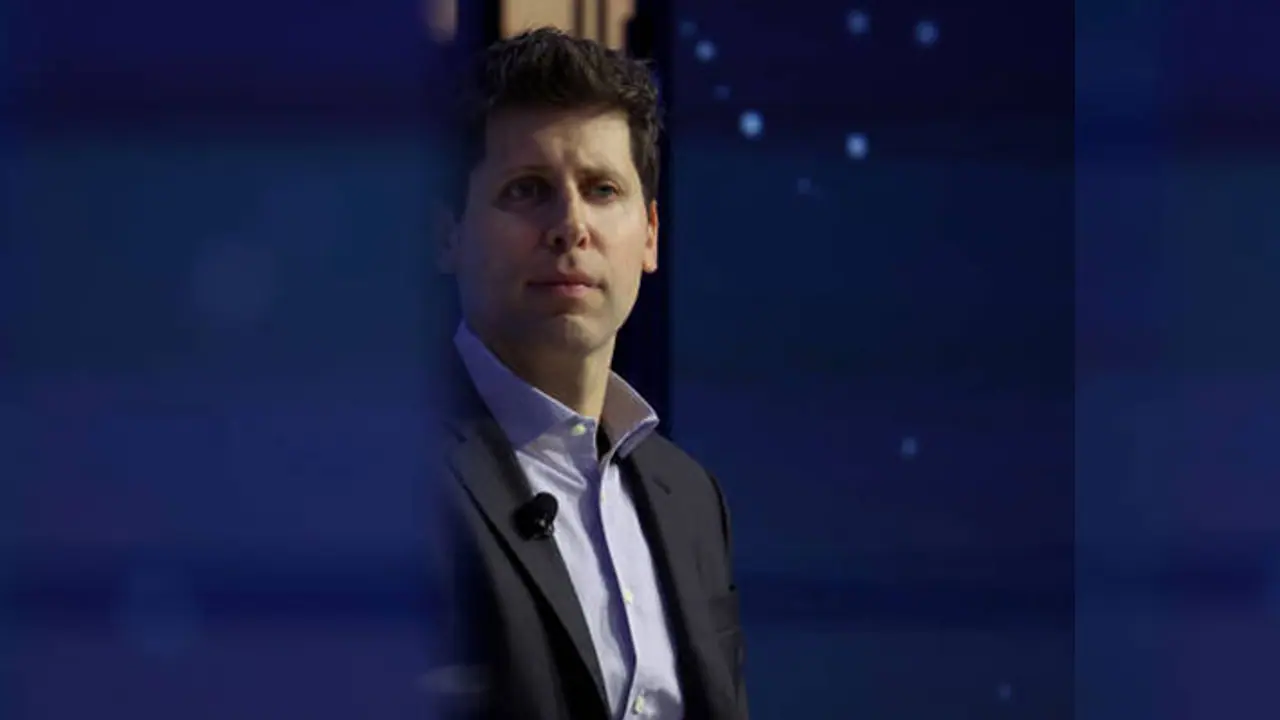The global chip industry is currently dominated by just a few firms, including Taiwan Semiconductor Manufacturing Company (TSMC) and US-based NVIDIA.
Sam Altman, the CEO of OpenAI, has spoken with possible investors, including the government of the United Arab Emirates, in an effort to raise trillions of dollars to transform the global semiconductor market, according to a Wall Street Journal story published on Thursday.

According to reports, Altman is trying to find solutions for some of the largest problems facing the quickly developing artificial intelligence industry, such as the lack of costly computer processors required to run large-language models like OpenAI's ChatGPT.
A few group of companies, led by the US-based NVIDIA and Taiwan Semiconductor Manufacturing Company (TSMC), presently control the majority of the worldwide chip market.
Many nations have announced intentions to boost local chip manufacture, but the financial assistance they have provided is small compared to the enormous amounts of money that Altman is allegedly negotiating with investors.
The Journal calculated that completing Altman's vision may cost up to $7 trillion. This is almost one trillion dollars greater than the combined market capitalization of Apple and Microsoft, the two biggest publicly traded corporations in the world.
The Journal was informed by an OpenAI representative that the business has had "productive discussions about increasing global infrastructure and supply chains for chips, energy, and data centers."
"We will keep the US government informed given the importance to national priorities," they continued. According to the Journal, Altman has met with TSMC personnel, SoftBank CEO Masayoshi Son, and senior government officials from the United Arab Emirates.
Following the much-publicized launch of ChatGPT, Altman's fortunes took a turn for the worst in the last several months. In November, he was momentarily dismissed from the AI company, but when investors and employees protested, he was brought back a few days later.
